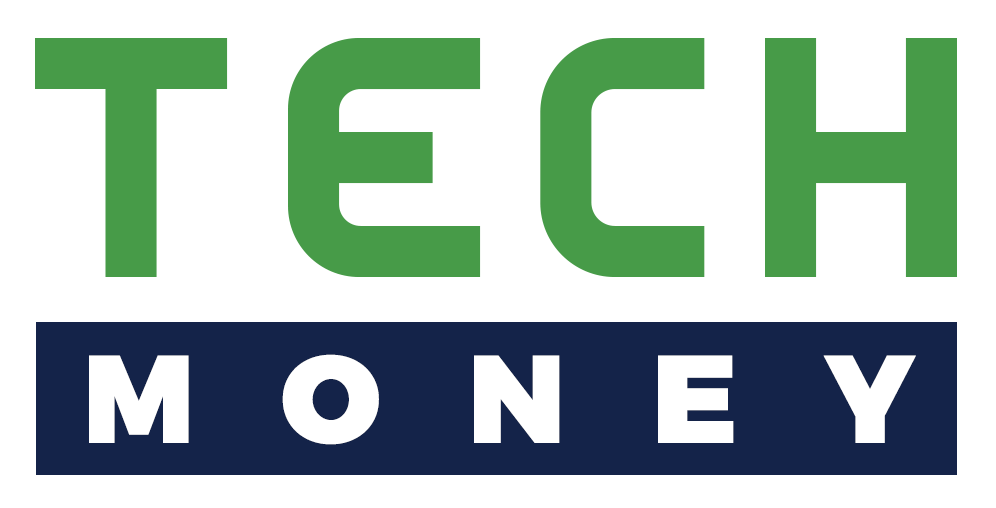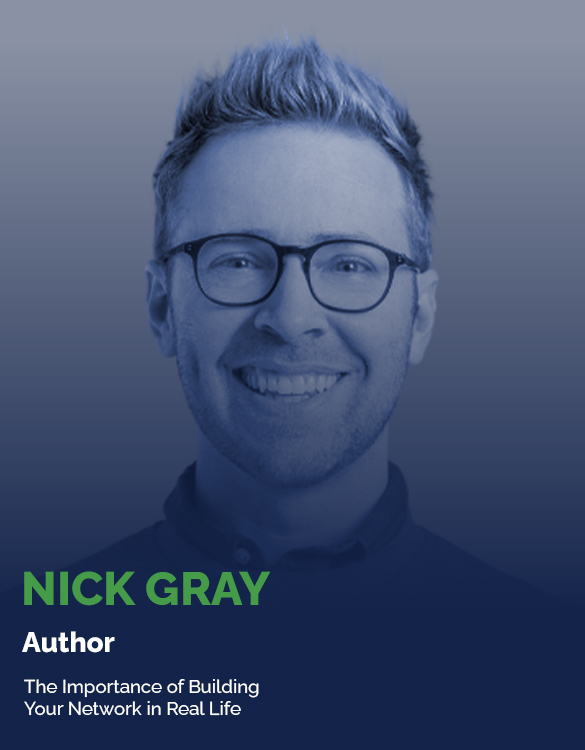We’ve all heard the popular saying “it’s not what you know, but who you know.” But when you hear the word “networking,” how many of the feelings that start to bubble up are negative ones, such as anxiety, discomfort, and maybe even fear? And that word can be especially triggering for those who consider themselves introverts.
And while there have been several social media platforms and other tech tools built over the last couple decades designed to help make networking and building relationships easier for both introverts and extroverts alike, there will never be any true substitute for the authentic human connection felt by sharing a meal together face-to-face.
In this episode, Malcolm Ethridge speaks with Nick Gray, the author of The Two Hour Cocktail Party, about how to build big relationships by hosting small gatherings. Nick shares his secret formula for becoming the best host, how to become a natural conversationalist, why networking in person is better than online, and some advice on how and when to host.
Nick discusses:
- How to become a natural conversationalist
- Why it’s important to lead conversations with authentic excitement and energy about your passions and interests
- Why networking in person leads to better relationships than online
- Why you should host a small gathering instead of meeting for drinks
- And more
Resources:
- The Two Hour Cocktail Party by Nick Gray
- Join Nick’s Friends Newsletter
- Never Eat Alone by Keith Ferrazzi
- 50. Creating A Plan For Your Restricted Stock Units
Connect With Nick Gray:
Connect With Malcolm Ethridge:
- The Tech Money Podcast
- LinkedIn: Malcolm Ethridge
- Connect with Malcolm
- @MalcolmOnMoney
- Download the Tech Money Guide to RSUs
About Our Guest:
Nick Gray is the founder and owner of Museum Hack. After growing it into a multi-million dollar business and being featured in a TEDx talk, he sold Museum Hack. Nick published The Two Hour Cocktail Party, sharing his formula for growing big relationships by hosting small gatherings. He also writes a popular newsletter for business owners and entrepreneurs called “Friends Newsletter,” because he originally wrote it just for his friends.

